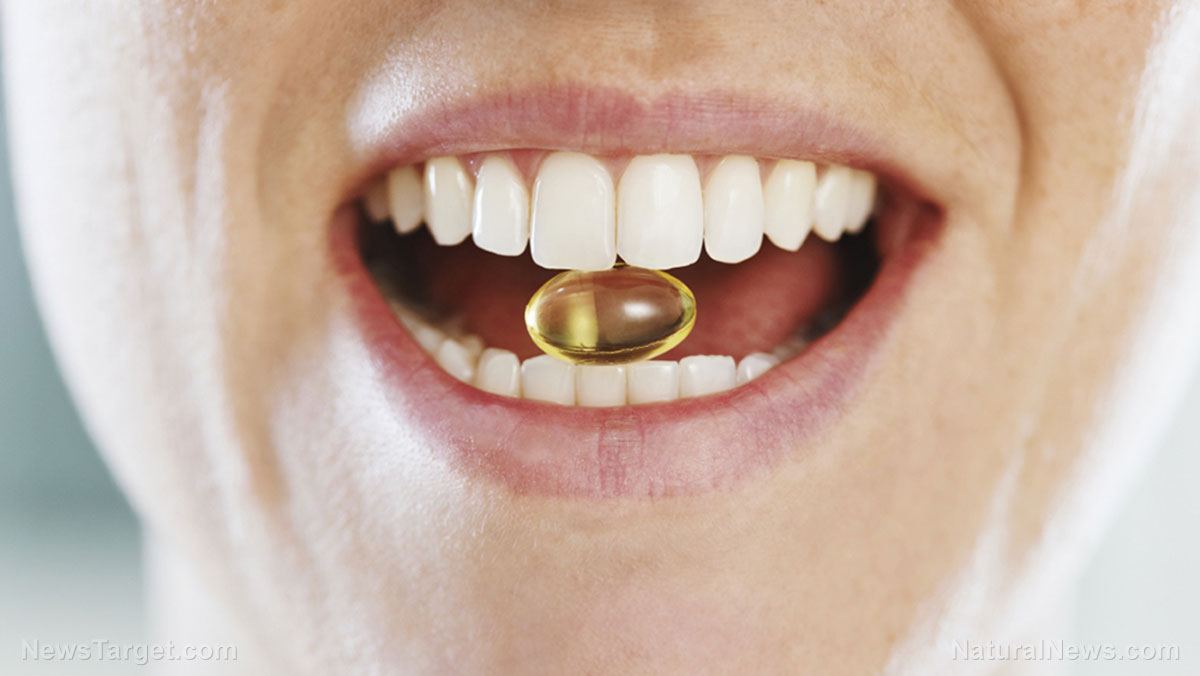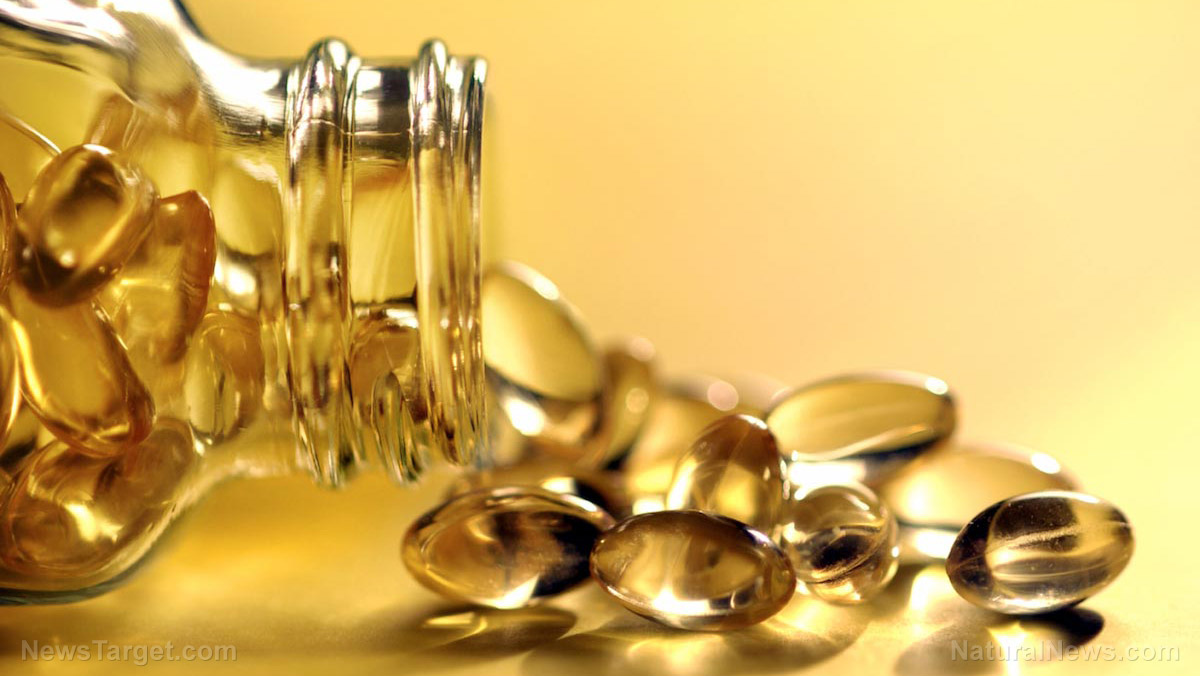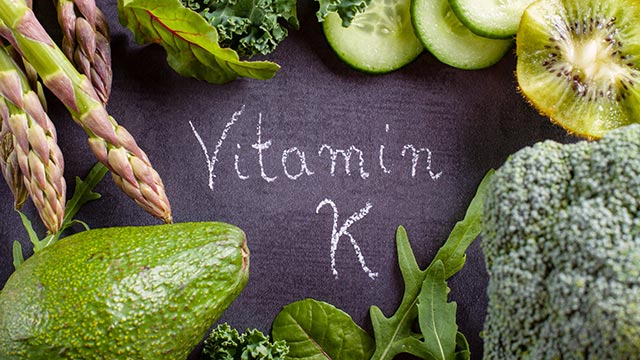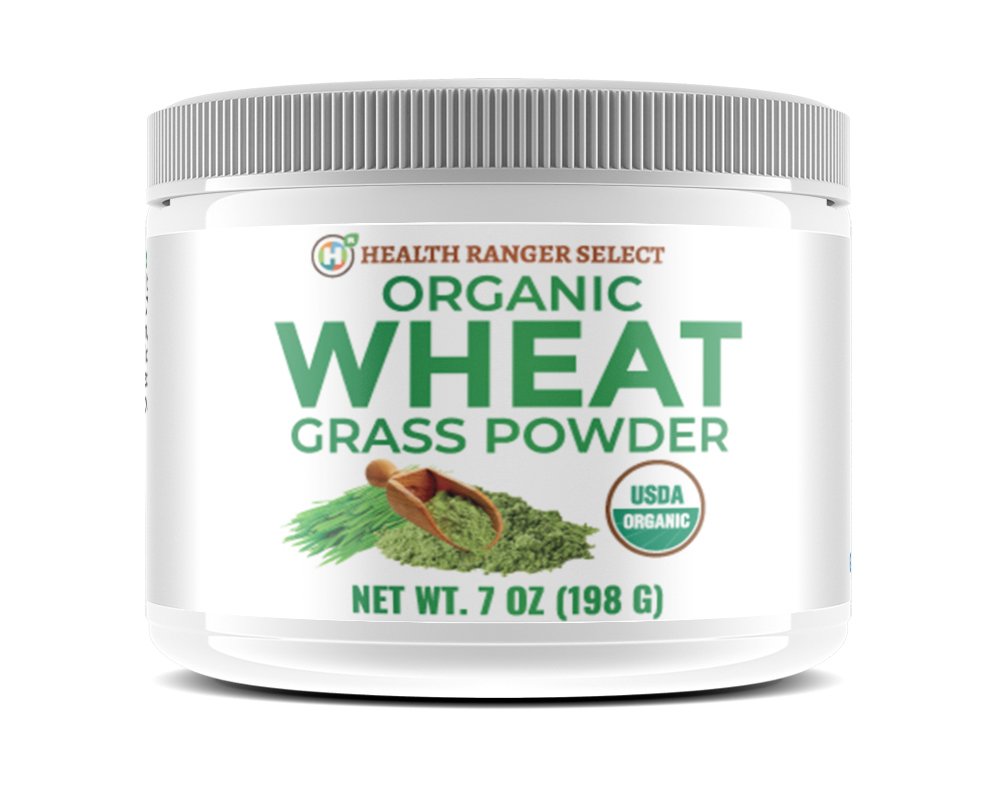Moms, add more leucine and omega-3s to your diet to boost antioxidant levels in your children’s liver
02/27/2019 / By Ellaine Castillo

Expectant mothers need a wide range of nutrients for them and their child to stay healthy. Fortunately, there are many supplements that can help them achieve proper nutrition. In a study by researchers from the University of Campinas in Sao Paulo, Brazil, they found that supplementing a maternal diet with leucine and omega-3 is beneficial for the offspring. These supplements boosted liver antioxidant response and even improved cachexia in tumor-bearing rat offspring.
Every year, more than 8.8 million people die from cancer. This disease is brought about by various factors including oxidative stress, which occurs when there is an imbalance in antioxidants and reactive species. The excessive amounts of reactive molecules help cancer cells maintain a high proliferation rate. To improve oxidative stress, it is important to increase the intake of natural antioxidants as well as substances that can boost the liver’s production of antioxidant enzymes.
Approximately 20 percent of cancer mortality cases can be attributed to cachexia. This multi-factorial syndrome, also known as a “wasting” disorder, is characterized by impaired metabolism. It often leads to the depletion of carbohydrates, lipids, and proteins. Because of these, the patient starts to suffer from weight loss, structural tissue damage, and metabolic reprogramming of the liver.
Nutritional supplementation plays an important role in the prevention and treatment of cachexia and other diseases. Previous studies even suggest that the maternal diet influences the development of diseases in the offspring up until adulthood. This is possible because of the major role that nutrition plays in the expression of metabolic pathway genes. Moreover, the maternal diet has significant effects on organ development of the fetus.
Leucine and omega-3, which often comes in the form of fish oil, are two of the most commonly used supplements. The former is a branched-chain amino acid known for its cell signaling properties. It also improves protein synthesis while inhibiting the breakdown of muscle proteins. Meanwhile, omega-3 is a polyunsaturated fatty acid that boosts the immune system and also prevents the breakdown of proteins in the skeletal muscles. There is evidence that these two nutrients can improve cachexia and oxidative stress when administered during tumor development. However, there are no reports of their preventive roles against these conditions when given throughout pregnancy and the weaning period.
In this study, published in Nutrition Research, the researchers determined the effects of maternal leucine and fish oil supplements on the offspring when given throughout pregnancy and the weaning period. To do this, they used Wistar rats as an animal model. Once the tumor-bearing offspring reached adulthood, they looked at different parameters including cachexia index, liver function, hepatic enzyme content, and oxidative stress response.
The results of the study showed that maternal supplementation of leucine and fish oil led to an increase in antioxidant enzymes in the liver. This effectively reduced oxidative stress. In addition to this, the researchers found that leucine and fish oil supplements improved the state of cachexia, which consequently increased the survival rate of tumor-bearing rat offspring.
From these results, the researchers concluded that supplementing the maternal diet with leucine and fish oil can reduce the damaging effect of cancer by increasing antioxidant enzyme production and improving cachexia.
Key nutrients for pregnant women
According to the American College of Obstetricians and Gynecologists (ACOG), pregnant women need to increase their intake of the following nutrients:
- Folic acid — Folic acid is a type of B-vitamin that helps prevent birth defects, especially in the baby’s brain and spinal cord. This nutrient is found in leafy greens, beans, and citrus fruits. (Related: Folic acid supplements taken by mothers greatly reduces risk of cleft lips and palates in infants.)
- Calcium — It is important to get adequate amounts of this mineral since it is crucial for building your baby’s bones and teeth. A pregnant woman should have at least 1,000 mg of calcium per day. Otherwise, the mineral will be drawn from her calcium stores in her bones.
- Iron — Pregnant women need twice as much iron as those who are not expecting. This is necessary so that the baby gets sufficient blood and oxygen supply. Some foods that are rich in this mineral include meat, poultry, fish, and dried beans and peas.
- Protein — Proteins are essential for building important organs like the baby’s brain and heart. Fortunately, most women have enough of this nutrient in their diet.
Sources include:
Tagged Under: antioxidants, cachexia, children's health, Fish Oil, Leucine, liver health, maternal diet, nutrients, nutrition, omega 3, prevention, supplements, women's health




















